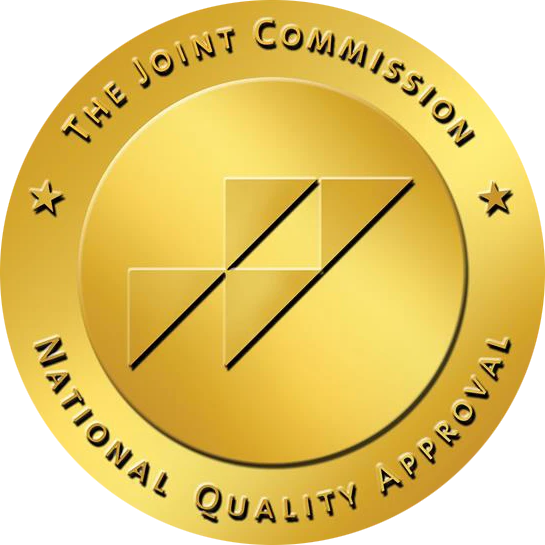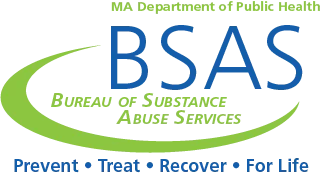Heroin addiction is a pervasive and deeply challenging issue, impacting countless. For those trapped in the throes of this devastating addiction, the path to recovery often begins with the crucial step of heroin detox. Heroin detox in Boston provides an ideal environment for those seeking to break free from the grasp of heroin dependence.
What is Heroin Detox Like?
Heroin detox in Boston offers a structured and professionally supervised process designed to help individuals safely and effectively withdraw from heroin. Medical professionals closely monitor and manage withdrawal symptoms to ensure physical stability. Medications, including opioid replacement therapy (e.g., methadone or buprenorphine), may be administered to minimize discomfort and cravings. Therapists and counselors provide emotional and psychological support to help individuals cope with these symptoms.
Individuals are in a structured environment with 24/7 monitoring, which reduces the risk of relapse and complications. Patients are also encouraged to rest and recover in a safe and supportive environment. The ultimate goal of heroin detox is to prepare individuals for continued addiction treatment and recovery efforts, which may involve therapy, counseling, and support groups, to address the underlying factors contributing to addiction and promote lasting recovery.
How Long Does It Take to Detox From Heroin?
The duration of heroin detox can vary from person to person, depending on several factors, including the individual’s level of dependence, the quantity of heroin used, and overall health. Heroin is a short-acting opioid. First withdrawal symptoms surface between six to 12 hours after the last dose, with peak symptoms surfacing around 72 hours. Acute symptoms generally subside after five to 10 days.
After the acute phase, some individuals may experience protracted withdrawal symptoms known as PAWS. These symptoms can persist for weeks, months, or even longer. Common PAWS symptoms include mood swings, anxiety, and cravings, but they are generally less intense than those of the acute withdrawal phase.
Heroin Detox Symptoms
Heroin detox can be a challenging and uncomfortable process due to the withdrawal symptoms that often occur when an individual stops using the drug. Heroin detox symptoms can include:
- Cravings
- Muscle Aches and Pains
- Anxiety and Agitation
- Insomnia
- Gastrointestinal Distress
- Sweating
- Runny Nose and Sneezing
- Yawning
- Dilated Pupils
- Increased Heart Rate
The severity and duration of these symptoms can vary from person to person, depending on factors such as the level of heroin use, individual physiology, and the presence of co-occurring medical or mental health conditions. Heroin detox in Boston offers professional help and medical supervision during detox, which helps to manage these symptoms effectively and increases the chances of a successful recovery from heroin addiction.
Heroin Detox In Boston Medications
Medications are often used in heroin detox to manage withdrawal symptoms and cravings, making the process more comfortable and safer. Common medications used during heroin detox include:
- Methadone
- Buprenorphine
- Naltrexone
- Clonidine
- Benzodiazepines
The choice of medication and the specific treatment plan should be determined by a medical professional based on the individual’s needs and the severity of their heroin addiction. Medications are typically a component of a comprehensive treatment plan that includes counseling, therapy, and support groups to address the psychological and behavioral aspects of addiction and promote lasting recovery.

Why Detox at a Boston Medical Facility?
Detoxing at a medical facility offers several advantages over attempting detox at home or in non-medical settings. Here are some key reasons why detoxing at a medical facility is the recommended approach:
- Medical Supervision: In a medical facility, detox is supervised by healthcare professionals, including doctors and nurses, who can monitor your physical and mental health throughout the process. They can intervene quickly if any complications arise.
- Safe Environment: Medical facilities provide a controlled and safe environment for detox. This reduces the risk of harm or relapse, as drugs are not readily available, and there is round-the-clock monitoring.
- Medication-Assisted Treatment (MAT): Medical facilities can offer medication-assisted treatment (MAT), which involves the use of medications to manage withdrawal symptoms and cravings. MAT can make the detox process more comfortable and effective.
- Individualized Care: Healthcare professionals can tailor the detox process to your specific needs, adjusting the treatment plan as necessary. They can also address any co-occurring medical or mental health issues that may be present.
- Emotional Support: In a medical facility, you have access to counselors and therapists who can provide emotional and psychological support to help you cope with the challenges of detox. This support is critical in addressing the psychological aspects of addiction.
- Nutrition and Hydration: Medical facilities ensure that you receive proper nutrition and hydration, which is important for your overall well-being and recovery.
- Preventing Complications: Some individuals may experience severe withdrawal symptoms, such as seizures or delirium, which can be life-threatening. Medical facilities are equipped to address these complications promptly.
- Structured Environment: The structured environment in a medical facility minimizes distractions and triggers that might lead to relapse. This can be particularly beneficial during the early stages of recovery.
- Professional Guidance: Medical professionals can educate you about the detox process, the stages of withdrawal, and what to expect. They can provide guidance and support throughout your journey.
- Aftercare Planning: Medical facilities often help individuals create a plan for what comes next after detox. This may include entering a rehabilitation program or continuing with outpatient treatment.
Detoxing from drugs or alcohol is a critical step in the journey to recovery, and the professional care provided in a medical facility ensures that you are safe and supported throughout the process. Heroin detox in Boston increases the chances of a successful detox and sets the foundation for continued addiction treatment and lasting recovery.
What Happens After Heroin Detox in Boston?
After completing heroin detox, individuals typically enter the next phase of their recovery journey. Many individuals transition from detox into a formal addiction treatment program. These programs can be inpatient or outpatient and provide therapy, counseling, and a structured environment for continued recovery. Many people with substance use disorders have co-occurring mental health issues. These may need to be addressed with therapy and psychiatric care as part of a dual-diagnosis treatment approach.
Ongoing monitoring and accountability can be crucial. Regular check-ins with healthcare professionals, therapists, or a sponsor help individuals stay on track and avoid relapse. For some individuals, medication-assisted treatment (MAT) may continue beyond detox. MAT can help reduce cravings and minimize the risk of relapse. Successful recovery also often involves making significant lifestyle changes, such as adopting a healthier routine, pursuing interests and hobbies, and establishing a support network.
Begin the Recovery Journey from Heroin Today
If you or a loved one is struggling with addiction and seeking a path to recovery, Retreat of Boston is here to guide you toward a brighter, drug-free future. Our compassionate and experienced team is dedicated to providing you with the support and care you need during your detox journey. Your journey to lasting recovery begins here, and we’re here to walk it with you. Take the courageous first step towards healing and reach out to Retreat of Boston today.




